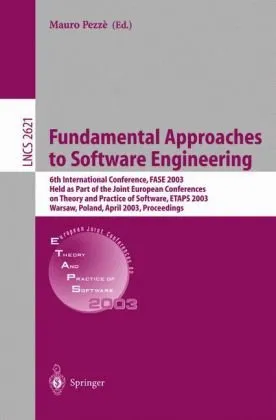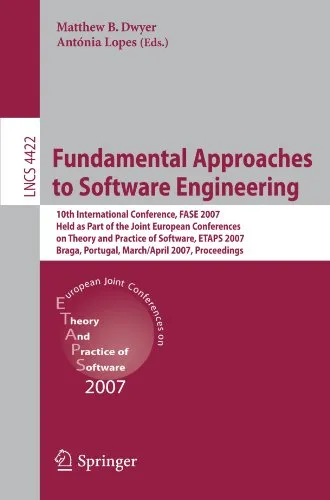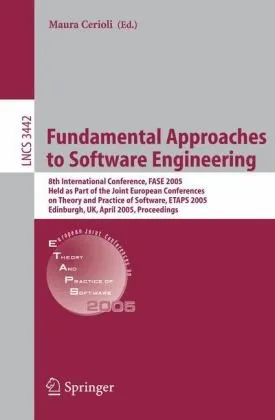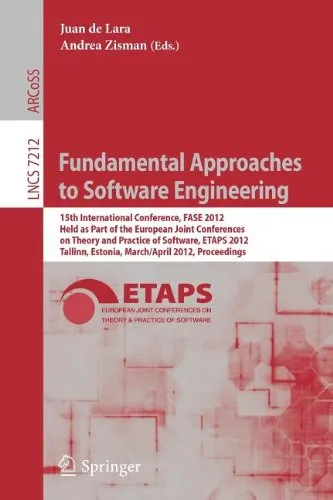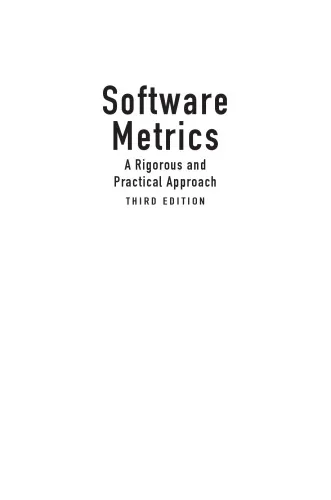Fundamental Approaches to Software Engineering: 14th International Conference, FASE 2011, Held as Part of the Joint European Conferences on Theory and Practice of Software, ETAPS 2011, Saarbrücken, Germany, March 26–April 3, 2011. Proceedings
4.0
Reviews from our users

You Can Ask your questions from this book's AI after Login
Each download or ask from book AI costs 2 points. To earn more free points, please visit the Points Guide Page and complete some valuable actions.Related Refrences:
Introduction
Fundamental Approaches to Software Engineering: 14th International Conference, FASE 2011, conducted as part of the Joint European Conferences on Theory and Practice of Software (ETAPS 2011), presents cutting-edge research and methods in software engineering. Held in Saarbrücken, Germany, from March 26 to April 3, 2011, this prestigious conference gathered researchers, practitioners, and innovators aiming to advance how software systems are designed, analyzed, developed, and maintained. The proceedings contained in this book encapsulate the breadth and depth of this exchange, offering a comprehensive look into the evolving field of software engineering.
The book stands as a testament to the evolving methodologies, innovative trends, and practical applications in software engineering. It emphasizes the integration of theoretical underpinnings with real-world practice. By bringing together diverse research contributions, it bridges the gap between formal approaches and pragmatic challenges, offering solutions and insights that readers from academia and industry can apply.
Detailed Summary
This volume includes a rich spectrum of topics split across various domains, including model-driven engineering, software verification, formal methods, and programming languages. Researchers have addressed the core challenges of ensuring software quality, reliability, and scalability in an era where systems are growing increasingly complex. It provides extensive case studies, rigorous evaluations, and new frameworks to meet these challenges.
At its heart, the book revolves around the concept of precise and formal methodologies, which are critical in improving how software is managed and how error-prone processes are mitigated. Key themes include:
- Model transformation and methodologies for maintaining consistency between design models.
- Advances in program analysis techniques, essential for debugging and verifying software systems.
- Explorations into the use of formal techniques to ensure software correctness and reliability.
- Discussions on how agile practices can coexist with rigorous engineering approaches, fostering innovation and flexibility in teams.
The editors have ensured that the proceedings remain accessible, well-structured, and practical. Each contribution is accompanied by a detailed introduction, methodology, results, and conclusive insights that aid the understanding of fundamental approaches in various software engineering domains.
Key Takeaways
Readers and participants walk away with several noteworthy lessons:
- Bridging Theory and Practice: The importance of connecting formal software engineering theories to real-life applications, making engineering both feasible and scalable.
- Improving Toolsets: The role of innovative tools in assisting with debugging, verification, and system modeling, reducing time-to-market while improving software quality.
- Encouraging Collaboration: Collaborative software engineering practices, which bring together multidisciplinary teams and foster creative problem-solving.
- Operational Excellence: Ensuring that high-quality software can be consistently delivered, even under diverse and increasingly dynamic requirements.
By addressing these takeaways, FASE 2011 has cemented its place as a guiding resource in turning software engineering into a mature, predictable, and scalable discipline.
Famous Quotes from the Book
The following quotes encapsulate the core principles and ideas discussed in this book:
"Software engineering is as much about managing complexity as it is about solving problems. The simpler a solution appears, the more rigorous its underlying foundation."
"Verification is not a luxury; it is the foundation upon which reliable systems are built."
"Static analysis tools are not a replacement for skill; they are a catalyst to amplify the impact of engineering expertise."
Why This Book Matters
The software engineering field is in a constant state of flux, with new methodologies emerging to address modern challenges like scalability, speed, and sustainability. This book serves as a cornerstone in understanding how academic contributions guide real-world practices and vice versa. Through its meticulously edited chapters and papers, it creates a lasting legacy by:
- Ensuring that future researchers can build upon foundational principles to solve emerging challenges.
- Providing actionable insights into how complex systems can be abstracted, analyzed, and improved.
- Promoting an interdisciplinary view of software engineering that encompasses aspects of mathematics, programming, and organizational design.
- Offering practical examples and case studies that exemplify success stories and areas for improvement.
By documenting the key proceedings of FASE 2011, this book does not merely look backward but provides a vision for the future of software engineering innovation.
With its comprehensive coverage and focus on fundamental approaches, this book is a must-read for researchers, practitioners, and students who wish to deepen their understanding of software engineering as both a science and an art.
Free Direct Download
You Can Download this book after Login
Accessing books through legal platforms and public libraries not only supports the rights of authors and publishers but also contributes to the sustainability of reading culture. Before downloading, please take a moment to consider these options.
Find this book on other platforms:
WorldCat helps you find books in libraries worldwide.
See ratings, reviews, and discussions on Goodreads.
Find and buy rare or used books on AbeBooks.
1218
بازدید4.0
امتیاز0
نظر98%
رضایتReviews:
4.0
Based on 0 users review
Questions & Answers
Ask questions about this book or help others by answering
No questions yet. Be the first to ask!
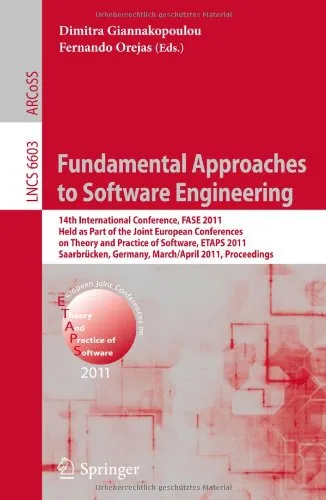

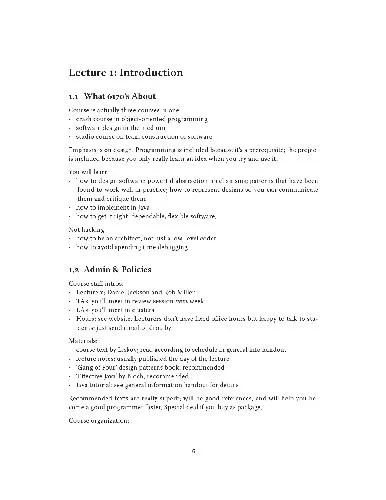
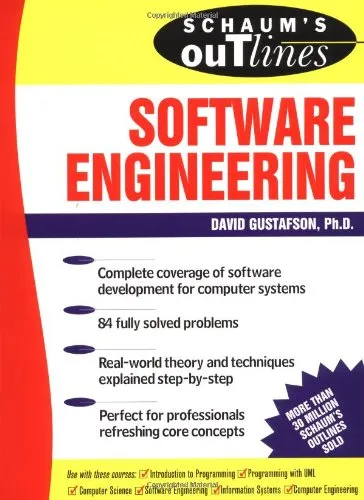
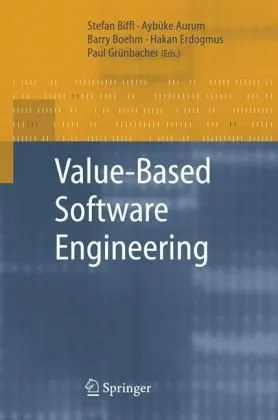
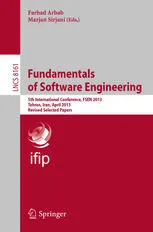
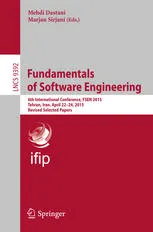
![Fundamentals Of Software Engineering, 5Th Ed [Paperback] Mall](https://s3.refhub.ir/images/thumb/Fundamentals_Of_Software_Engineering__5Th_Ed__31573.webp)
